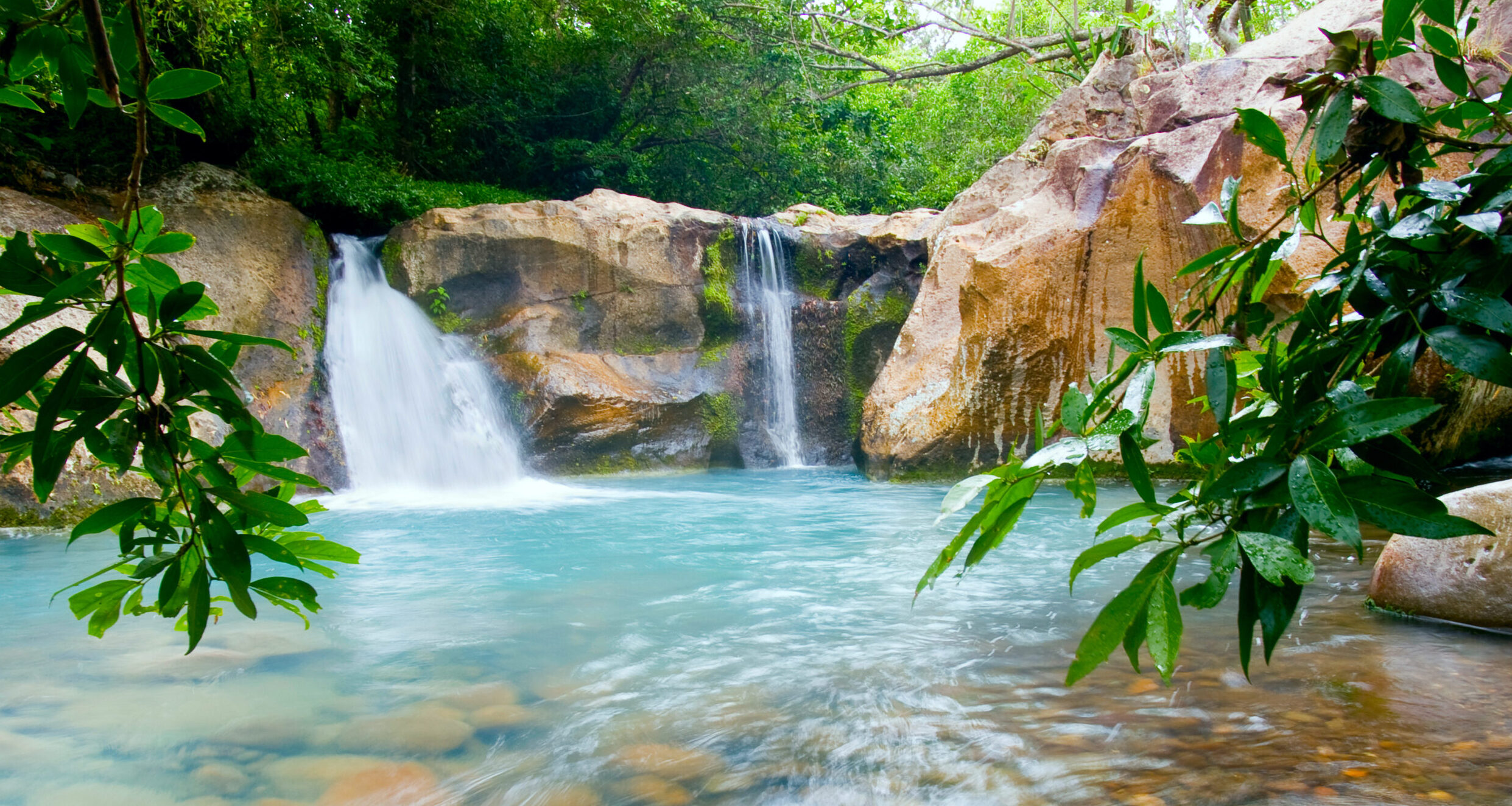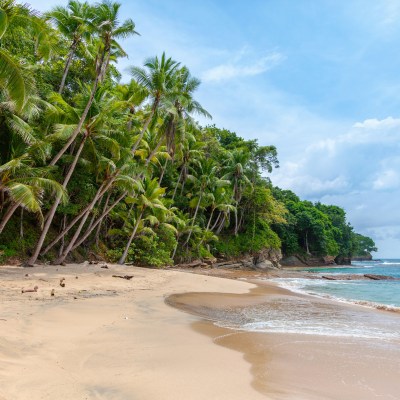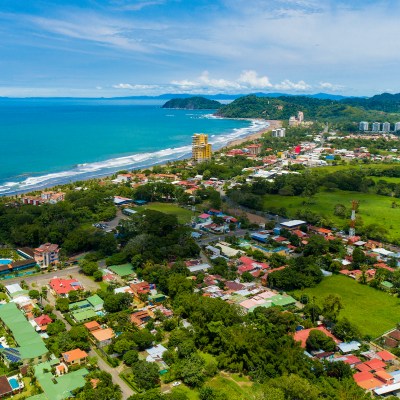Why To Retire In Costa Rica
Costa Rica was ranked the number one destination for retirees to spend their later years. The country provides universal health care to all residents and it includes free emergency care, extremely low cost medical procedures, and even free — or nearly free — prescription medication. For the explorers, Costa Rica offers easy access to rainforests, volcanoes, multiple national parks, and, of course, alluring beaches. Fresh food lovers will also be overjoyed at the extensive farmer’s markets, full of delicious tropical produce and seafood. Discover your pura vida in Costa Rica!
Videos by TravelAwaits
Retire In Costa Rica: Things To Know
Weather
Costa Rica has beautiful, tropical weather year round, with very little fluctuation in temperature. Temperatures average between 80 to 90 degrees Fahrenheit throughout the year.
Most of the country only experiences the rainy season from May to November, but there is consistent rainfall in the rainforest areas. The beach-lined Pacific Coast, meanwhile, features the hottest, driest climate in the country.
Visa Requirements
The Costa Rican government grants temporary residency to retirees via the visa process at the Embassy of Costa Rica. Applicants must provide proof of earning a minimum of $1000 of retirement or pension income per month in order to qualify.
More information can be found here.
Transportation
Costa Rica has a great, inexpensive public bus system, which residents can use to move around the country. While many opt to drive personal cars, the roads are notoriously difficult to drive on, with unpaved lanes and frequent dips. Residents interested in traveling long distances are encouraged to hop on a plane, as there are several small airports offering frequent domestic flights.
In terms of international travel, Costa Rica has two major international airports: Juan Santamaria International Airport (SJO), which is located in San Jose, and Daniel Oduber International Airport (LIR), which is located in Libera.
More information can be found here.
Health Insurance
Costa Rica has a public healthcare system, referred to as “La Caja,” a nickname for “Caja Costarricense de Seguro Social.” In addition to the public option, residents also have access to private health insurance: “INS,” or “Instituto de Seguro Nacional.”
More information can be found here.
Language
Spanish is both the official and the dominant language in Costa Rica, but the common tourist cities feature English-speaking residents as well.
Currency
The legal tender in Costa Rica is the Costa Rican Colón. A single U.S. dollar is worth more than 600 CRC.
However, Costa Rica is so accustomed to American tourists that U.S. dollars are accepted by most merchants, with some institutions going so far as to list their prices in American currency.



